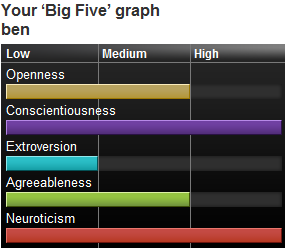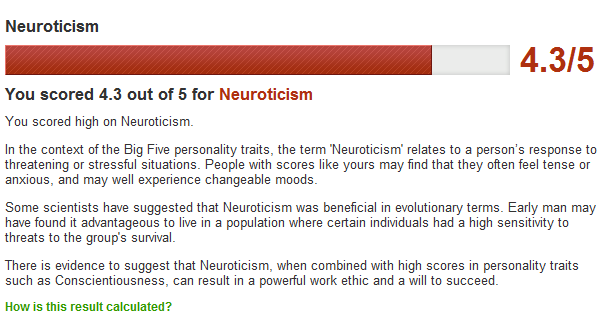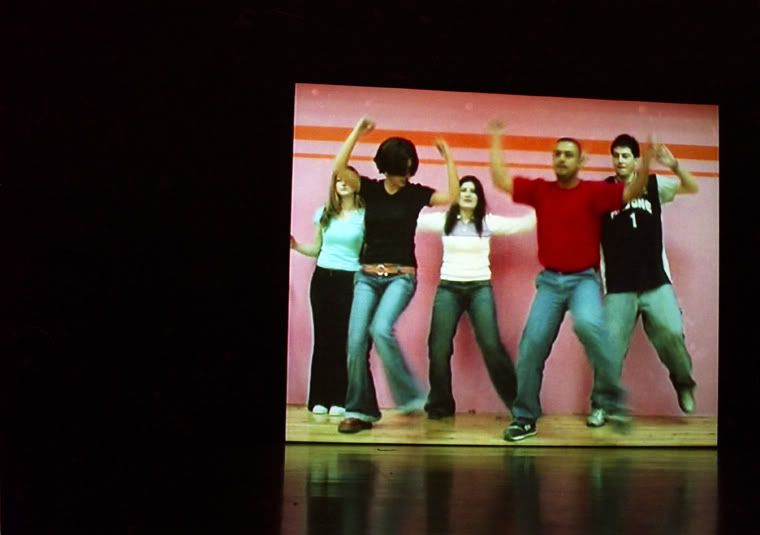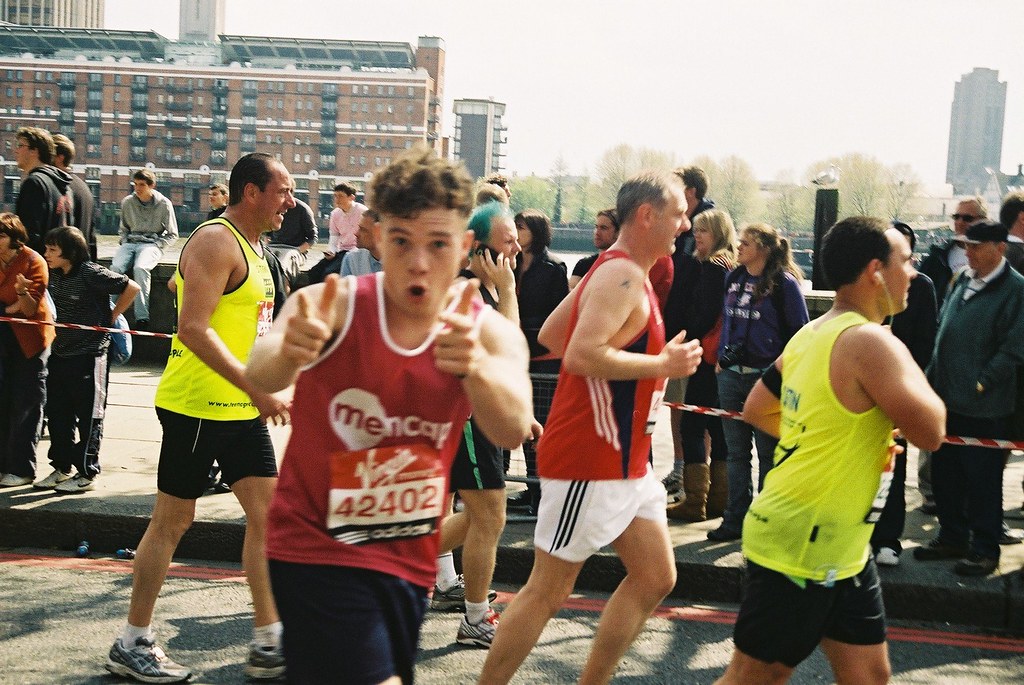It will take all your imagination to conjure up the image of Delape as he sat before me. His face, which protruded from the collar of a heavy mac, was a maze of scars. They scraped across its granitey surface as igneous intrusions and his nose had rotted away leaving only two skeletal holes, entrances to the shadowy bronchial tunnels. The guttering light from energy saving bulbs that flickered as we clanked out of Gard du Nord did nothing for his complexion, turning it the same colour as old and dirt-stained bone.
It’s difficult not to pity someone like Mister Delape. It isn’t a charitable pity though, more an unwelcome heaving. While he spoke I had the unsettling feeling that he was, in some way, touching me. A sensation I can explain only as spiders crawling around beneath my intact seam of skin, which I’m sure I noticed him eyeing with some envy.
The man was an ex-pharmacist and self-confessed philanthroper who’d contracted the biblical bug whilst engaged in charity work in some hellhole North of Mumbai. He was recovered (I heard not-contagious) in the biological sense but had been royally fucked up by the virus. While he told me this I stared down at my suitcase, the leather of which was so old, petrified and fake that it had begun to peel in places, revealing clots of cheap wood grain beneath. When Monsieur had finished his mumbling I managed a brief glance at him and a nod. Satisfied the man grunted and drew his long coat tightly around him and stared out of the window.
At the dreary city of Reims a man named Maurice staggered into our compartment. He stunk of spliff and coconut butter and wore an obvious proclivity for hemp woven fabrics. I listened out of the corner of my ear as my rotted new acquaintance burst once again into his tale of North Indian orphanages and ecclesiastical chatter whilst the hippy nodded along vigorously. Once or twice Maurice spoke in a deep, phlegmy voice, which made what he was saying hard for me to catch, so I created my own version of the soap-dodgers slice of the dialogue. He spoke mainly about spiritualism and ecological apocalypse.
When he wasn’t talking Monsieur Delape was incredibly still. Still except the eyes, which darted back and forth tracking the flowing landscape. A crucifix jangled from his neck, passing into view now and again with the heaves of the carriage and he wore a recognisable look of sickly-sweet sedation shared by them that have succumbed to that type of mumbo jumbo. I had begun to slyly stare at him from behind the relative safety of a broadsheet. He was man who’d been peeled, ‘like a banana’ I thought. I think I mustn’t have blinked for a while because suddenly the scars on his face began to wind and snake in the tired jelly of my eyes. I let out a whimper.
Maurcie, the phlegmy floraphile, offered me a half of his Satsuma (it may possibly been a Clementine) just after we crossed the Czech border. I declined his polite offer and turned to look at the window instead of through it. At the smudges of grease made by the fingers and the sweaty heads of travellers that had sleepily lolled into it. The passing countryside was a blur of boring greens and yellows, clouded by the streaks and smears of excreted human oils.
I turned to Maurice and asked him in broken French if he didn’t have a problem with travelling by a mechanical monster like our diesel fuelled sleeper train. He answered in broken English that in Prague the women are beautiful, wine is cheap and he is young. He smiled at me before fishing around in his pocket for some dog-ended roll up he’d saved from earlier. It was a strange kind of moral ambiguity that floated the French man’s ship.
“How beautiful?” I asked.
I travelled to Prague with a leper and an artisan. They were both strangers and not part of any deliberate gang, but undesired companions on the eight-hour train ride from Paris. I leant nothing except for skin is important at keeping your insides in and away from the sickened stares of strangers on public transport.
















































